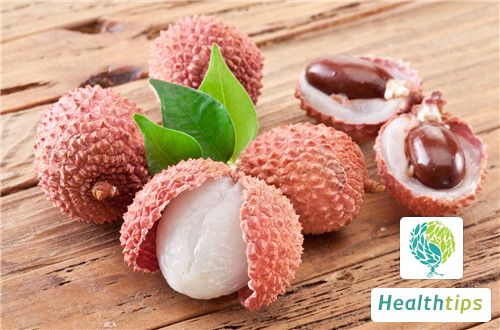During menstruation, litchi can be eaten, but it is a hot food. Eating too much can easily lead to heatiness. If you are prone to heatiness, you should not eat too much during menstruation. In addition, litchi contains a high level of sugar, so it is not suitable for people with diabetes. However, litchi is rich in protein and vitamin C, and eating it moderately can improve immune function.

1. Litchi has always been a precious tonic. It helps lower blood sugar. Litchi contains an amino acid that has a hypoglycemic effect, making it suitable for diabetic patients. It also has the ability to detoxify, reduce swelling, stop bleeding, and relieve pain.
2. In addition to its nourishing effects, litchi can also be used in the treatment of surgical diseases such as tumors, scrofula, boils, and external injuries with bleeding. It also helps to stop diarrhea as it warms and strengthens the spleen and can reduce adverse qi flow, making it a great food therapy choice for those with stubborn hiccups or early morning diarrhea.
3. However, many women experience uncomfortable symptoms such as depression, anxiety, emotional tension, insomnia, irritability, restlessness, and fatigue a few days before menstruation. These are generally believed to be related to imbalances in the ratio of estrogen and progesterone in the body.
4. Women should choose foods and supplements that are beneficial for skin care, replenishing qi, soothing the liver, and regulating negative emotions, such as cabbage, grapefruit, lean pork, celery, japonica rice, duck eggs, Chinese yam, lily, golden gourd, white gourd, kelp, sea cucumber, carrots, white radish, walnut kernels, black fungus, and mushrooms.

